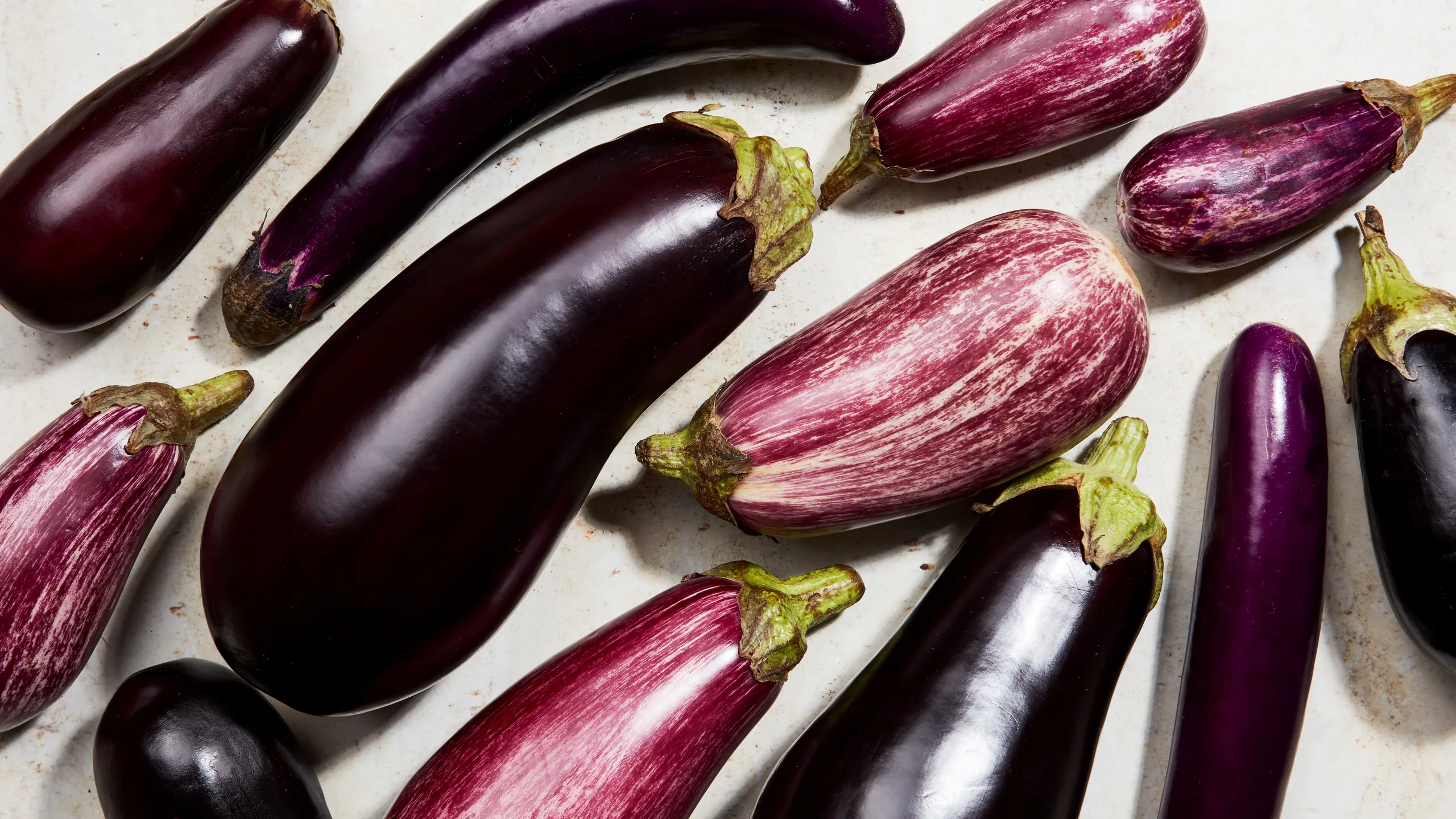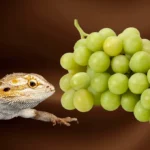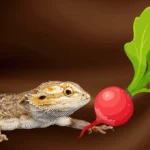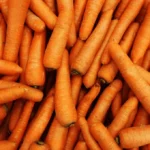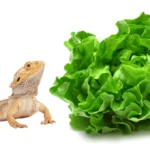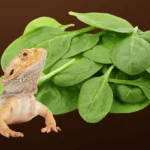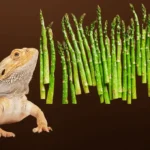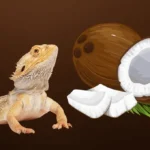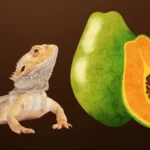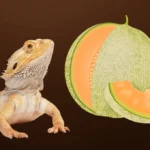Bearded dragons have a varied diet that includes insects, leafy greens, vegetables, and fruits. Understanding which foods are safe and nutritious for them is crucial for maintaining their health. Eggplant, also known as aubergine, is a common vegetable in human diets, but can it be safely included in a bearded dragon’s diet? This article explores the suitability of eggplant for bearded dragons, including its nutritional profile, benefits, and risks.
Nutritional Profile of Eggplant
Eggplant is a popular vegetable known for its unique taste and texture. Here’s a look at its nutritional content and how it might affect bearded dragons:
Vitamins in Eggplant
Eggplant contains several vitamins, including Vitamin B1 (thiamine), Vitamin B6 (pyridoxine), and Vitamin K. These vitamins support various bodily functions, but their benefits for bearded dragons are limited compared to other vegetables.
Minerals in Eggplant
Eggplant provides minerals such as potassium and magnesium. However, it is relatively low in calcium, which is essential for maintaining bone health in bearded dragons.
Fiber Content
Eggplant is a good source of dietary fiber, which can aid digestion and help maintain regular bowel movements. While fiber is beneficial, too much can cause digestive upset if not balanced with other foods.
Phytochemicals and Antioxidants
Eggplant contains antioxidants like nasunin and chlorogenic acid, which can help combat oxidative stress. However, the impact of these antioxidants on bearded dragons is not well-documented.
Benefits of Feeding Eggplant to Bearded Dragons
While eggplant is not a primary food source, it can offer some benefits when included occasionally:
1. Digestive Health
The fiber in eggplant can support digestive health and prevent constipation. It can be a good addition to a varied diet to help maintain regular bowel movements.
2. Nutritional Variety
Offering a variety of vegetables can ensure a more balanced diet and prevent nutritional deficiencies. Including eggplant occasionally can add diversity to your bearded dragon’s diet.
Risks and Considerations When Feeding Eggplant
There are several risks associated with feeding eggplant to bearded dragons:
1. Low Calcium Content
Eggplant is low in calcium, which is essential for bone health and preventing metabolic bone disease (MBD). A diet too high in low-calcium vegetables can contribute to calcium deficiencies.
2. Solanine Content
Eggplant is part of the nightshade family and contains solanine, a naturally occurring toxic compound. Although solanine levels are generally low, it can still pose a risk if consumed in large quantities.
3. Digestive Issues
The fiber content in eggplant can lead to digestive upset if fed in excessive amounts. It’s important to offer eggplant in moderation and ensure it is balanced with other foods.
How to Safely Feed Eggplant to Bearded Dragons
If you decide to include eggplant in your bearded dragon’s diet, follow these guidelines to ensure it is safe and beneficial:
1. Offer in Moderation
Feed eggplant as an occasional treat rather than a regular part of their diet. Small, bite-sized pieces are ideal to avoid overconsumption.
2. Prepare Properly
Wash the eggplant thoroughly to remove any pesticides or chemicals. Remove the skin if it is tough or bitter, and cook it lightly to reduce solanine content.
3. Monitor for Adverse Reactions
Observe your bearded dragon after introducing eggplant to their diet. Look for any signs of digestive issues or changes in behavior. If any adverse reactions occur, discontinue feeding eggplant.
Alternative Vegetables for Bearded Dragons
If you’re looking for more suitable vegetables, consider these alternatives:
| Vegetable | Nutritional Benefits | Feeding Frequency |
|---|---|---|
| Collard Greens | High in calcium, Vitamin A, and fiber | Daily |
| Mustard Greens | Rich in calcium, vitamins, and fiber | Daily |
| Bell Peppers | High in Vitamin C, low in phosphorus | 2-3 times a week |
| Butternut Squash | Rich in vitamins A and C, good for hydration | 2-3 times a week |
| Sweet Potatoes | High in Vitamin A and fiber | 1-2 times a week |
These vegetables offer a more balanced nutritional profile and are safer options for bearded dragons.
Conclusion
Eggplant can be included in your bearded dragon’s diet occasionally, but it should not be a staple food. While it offers some benefits, such as fiber for digestive health, it also presents risks due to its low calcium content and potential solanine presence. To maintain optimal health, ensure that your bearded dragon’s diet is well-balanced with calcium-rich vegetables and other appropriate foods. By following these guidelines, you can provide a varied and nutritious diet for your bearded dragon.
